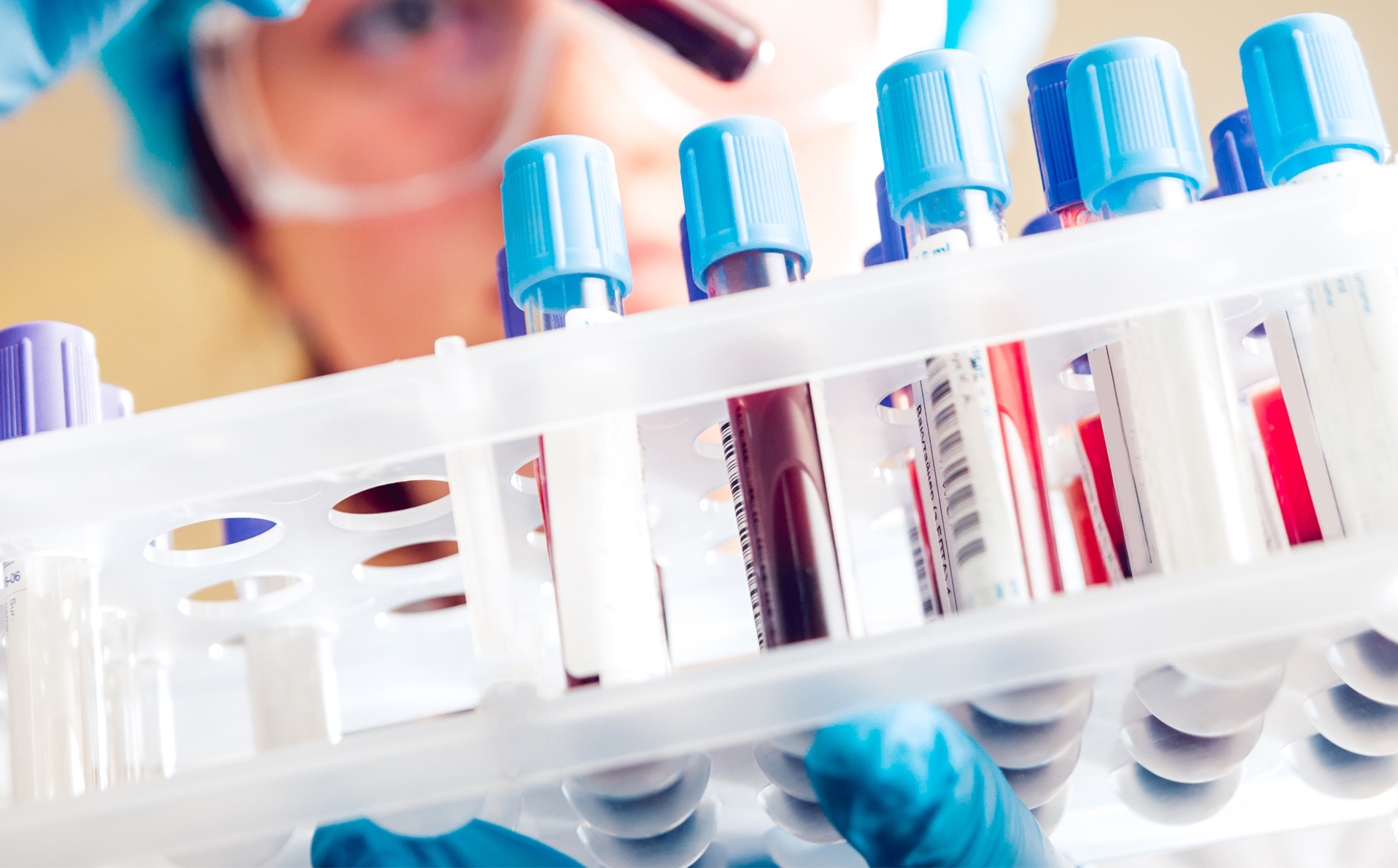Evaluation of Unrelated Donor Peripheral Blood Stem Cell Graft Composition and Impact on Allogeneic Hematopoietic Stem Cell Transplant Outcomes
This study aims at better understanding of the impact of variation in peripheral blood stem cell (PBSC) graft composition. Deeper insights into the relationship between the cellular composition and patient outcome after transplantation could lead to more precise criteria to define product quality or even personalized grafts customized to treat the individual patient’s condition. In addition, understanding correlations between genotype-phenotype or pre-mobilization donor peripheral blood cellular composition and graft composition could inform donor selection for mobilized stem cell products. This study will be by far the largest prospective study to investigate PBSC composition. It will create a unique opportunity to define the optimal cellular composition for the patients and to lower burden for the stem cell donor.
Additionally, one pillar of the collaborative study is to create a resource for future research on product characteristics in relation to patient outcome. To this end, cryopreservation of PBMCs from the donors collected at workup and an aliquot of PBSC is organized. Cryopreservation is conducted in such a way that the integrity and viability of the cells will be maintained. This will allow conducting a variety of different genetic, proteomic, metabolic and functional assays with those cells in future.
Contact Email: GraftComposition@cobi-biobank.com
Donor KIR genotype based outcome prediction after allogeneic stem cell transplantation: no land in sight
Optimizing natural killer (NK) cell alloreactivity could further improve outcome after allogeneic hematopoietic cell transplantation (alloHCT). The donor’s Killer-cell Immunoglobulin-like Receptor (KIR) genotype may provide important information in this regard. In the past decade, different models have been proposed aiming at maximizing NK cell activation by activating KIR-ligand interactions or minimizing inhibitory KIR-ligand interactions. Alternative classifications intended predicting outcome after alloHCT by donor KIR-haplotypes.
In the present study, we aimed at validating proposed models and exploring more classification approaches. To this end, we analyzed samples stored at the Collaborative Biobank from HLA-compatible unrelated stem cell donors who had donated for patients with acute myeloid leukemia (AML) or myelodysplastic neoplasm (MDS) and whose outcome data had been reported to EBMT or CIBMTR. We analyzed data from 5,017 transplants and tested several previously reported classifications in multivariable regression analyses but could not confirm outcome associations. In summary, the existing body of evidence is not (yet) consistent enough to recommend use of donor KIR genotype information for donor selection in routine clinical practice. For additional details, kindly refer to the publication link.
Research Groups
Candidate Gene Study centered around signaling pathways which are critical for acute Graft-versus-Host Disease
Improved donor selection based on immuno-genetic markers may improve outcome after allogeneic hematopoietic cell transplantation (alloHCT). One promising approach is the analysis of donor polymorphisms in immune response genes. Genetic variants encoded in the donor genomes may thus have an impact on the initiation, propagation and control of immune responses. This may be especially relevant for the risk for acute graft-versus-host disease. With the study we aim at elucidating the impact of genetic variation in 26 immune response genes. In total 37 genetic polymorphisms will be grouped according to different model assumptions and shall be investigated as risk factors for clinical endpoints after alloHCT.
For this study altogether 5,800 samples from donors shall be genotyped. All samples will be taken from the Collaborative Biobank.
Contact Email: contact@cobi-biobank.com






























